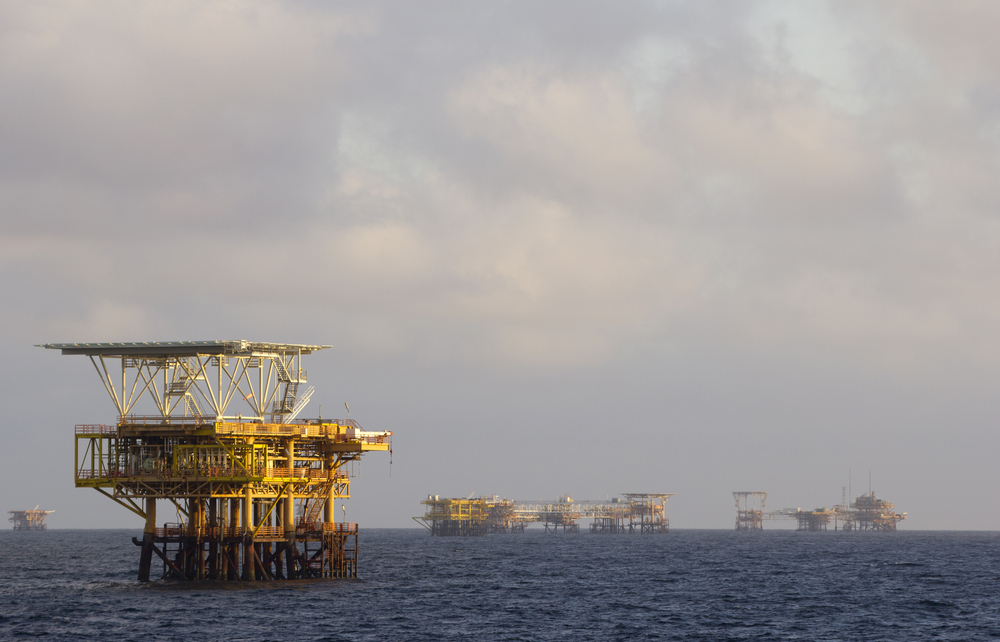Philippine News
PHL reiterates call for construction freeze in disputed islands
MANILA -– Defying China’s opposition to a moratorium on construction in the South China Sea (SCS), the Philippines said it will continue to push for a freeze on building activities in the disputed waters.
“We reiterate the call for moratorium or freeze on activities that escalate tension in the South China Sea,” Department of Foreign Affairs (DFA) spokesman Charles Jose said Tuesday.
China has rejected calls made by Foreign Secretary Albert del Rosario on Monday that it will initiate talks between the Association of South East Asian Nations (ASEAN) and China to halt ongoing construction in the contested waters, but Manila asked Beijing to reconsider the Philippine proposal.
“We hope China will rethink its position,” Jose said amid the resurgence of tensions in the area due to massive Chinese construction activities in at least five areas where the Philippines has territorial claims. Manila called China’s actions “provocative.”
“This is good for China. This is good for everyone,” he said.
Apart from the existing non-binding declaration that was signed by China and the ASEAN in 2002, Jose said a moratorium could manage the tensions in the South China Sea. The Philippines has adopted the name West Philippine Sea for areas that fall within its territory.
For years, China and the ASEAN have been trying to hammer out a legally-binding code of conduct in the South China Sea, but failed to reach a consensus to move forward with the negotiations.
“All of these are intended to await mechanism for resolution of disputes, which is the outcome of the Philippines arbitration case for clarification of maritime entitlements for everyone’s benefit,” Jose said referring to the case filed by Manila before a Netherlands-based court that seeks to denigrate China’s massive claim in the South China Sea.
The South China Sea – home to group of islands, shoals, cays and reefs where undersea oil and gas deposits have been discovered – are claimed in whole by China and Taiwan and in parts by the Philippines, Vietnam, Malaysia and Brunei.
Analysts consider the overlapping claims as a major regional flashpoint that could ignite military confrontations if left unresolved.
























